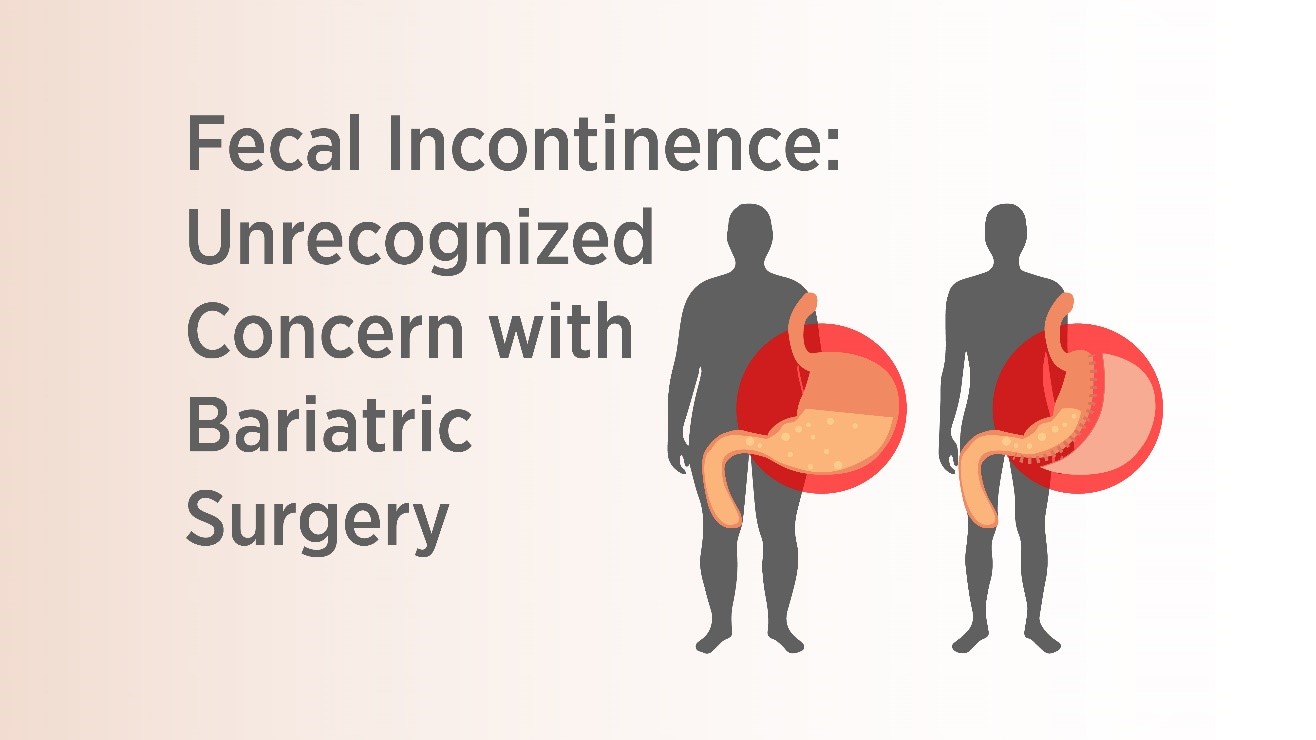Nearly one-third of adults in the United States are clinically obese, according to the National Institutes of Health (NIH), and more than 42 percent of Americans are overweight. Many people go to great lengths to achieve a healthy body weight, with more than 250,000 people undergoing bariatric surgery each year.
Physicians perform bariatric surgery to help patients lose weight and improve their overall health, and weight loss surgery is highly effective: about 90 percent of patients lose about half of their excess body weight after surgery and keep it off.
Bariatric Surgery is Effective, but can lead to complications
However, bariatric surgery is like other surgical procedures in that it can lead to complications. In fact, about 20 percent of these patients experience short and long-term complications. After undergoing surgery, there is a possibility of encountering various immediate complications, including diarrhea and dumping syndrome, low blood sugar levels, reduction in bone density, and insufficiency of essential vitamins.
Fecal incontinence is a common – and often unrecognized – complication of bariatric surgery
Fecal incontinence is a potential complication of bariatric surgery. Among patients with severe obesity who undergo bariatric surgery, nearly half of women and more than one-fifth of men report having incontinence. The diarrhea and dumping syndrome is often accompanied by symptoms of abdominal pain and cramping, nausea, flushing, and light-headedness.
Post-surgical incontinence can develop because of the changes made during the surgical procedure. The surgeon reroutes the small intestine during Roux-en-Y Gastric Bypass (RYGB) surgery, and the changes made during surgery may negatively affect the muscles that control bowel and bladder function. Also, diarrhea or loose bowel movements are primarily a possible consequence of Sleeve Gastrectomy with Duodenal Switch
The surgery can also cause damage to the nerves that control bowel and bladder function. The damage can interfere with the way the nerves communicate with the muscles that control bowel and bladder function.
The Debilitating Effects of Incontinence after Bariatric Surgery
Incontinence can be a debilitating condition that can greatly impact an individual’s quality of life. Fecal incontinence can cause devastating negative psychological effects, social stigma, and reduced quality of life. The patients may also develop secondary medical morbidities, such as skin maceration, decubitus ulcers, CDI, IAD, etc.
In any postoperative patient with especially watery diarrhea, extremely foul flatus, and abdominal cramping may indicate Clostridium difficile (C. diff.) colitis or antibiotic-associated diarrhea (AAD)
Management for Fecal Incontinence after Bariatric Surgery
The management for incontinence due to bariatric surgery will depend on the underlying cause. In some cases, incontinence can be treated with medication. Loperamide (Imodium A-D) and medications containing diphenoxylate and atropine (Lomotil) can control diarrhea.
Exercise and other therapies may help control fecal incontinence. Kegel exercises strengthen the pelvic floor muscles, which support the bladder and bowels. Biofeedback can improve the results of exercises that strengthen the pelvic floor; it can also improve sensitivity of the somatic somatic nerve supply from the inferior anal branch of the pudendal nerve that controls movement of the anal sphincter muscle. Dietary changes may also help.
Surgery to repair the damage associated with bariatric surgery is sometime necessary. In one study of more than 2000 adult patients, 27.8 percent of participants underwent a first-time revisional surgery; of these, 6 percent were corrective surgeries. Revisional bariatric surgery, such as gastric bypass revisions and gastric sleeve revision, is more complicated and has a higher risk for complications than an initial bariatric procedure.


2 replies on “Fecal Incontinence- Unrecognized Concern with Bariatric Surgery”
Greetings I am so glad I found your web site, I really found you by error,
while I was searching on Bing for something else, Regardless I am here
now and would just like to say thank you for a marvelous post
and a all round thrilling blog (I also love the theme/design), I don’t have time to look
over it all at the moment but I have bookmarked it and also included
your RSS feeds, so when I have time I will be back to read much more, Please do keep up the
superb job.
“Outstanding post! The research quality and clarity blew me away. The way you’ve structured each point shows your deep understanding of the topic. I’ve learned so much from your expert insights.”